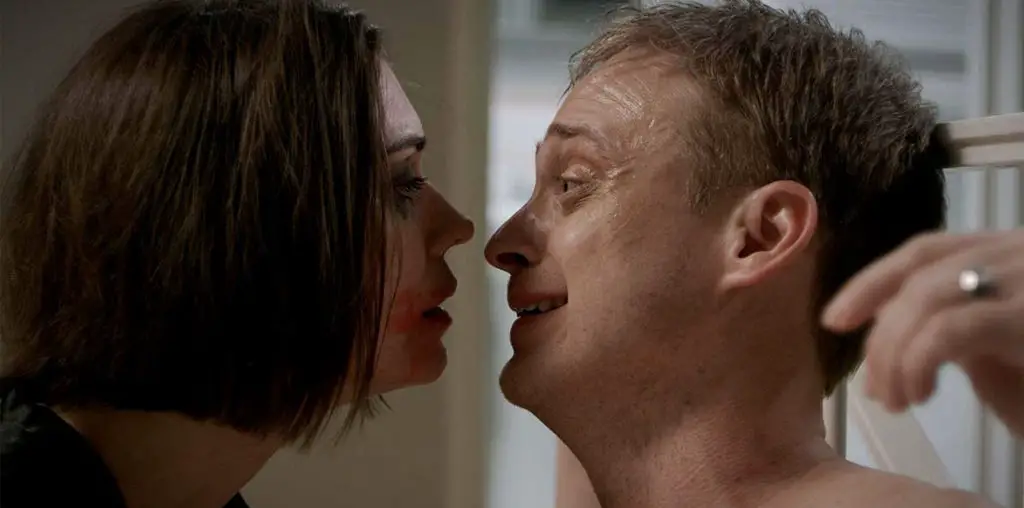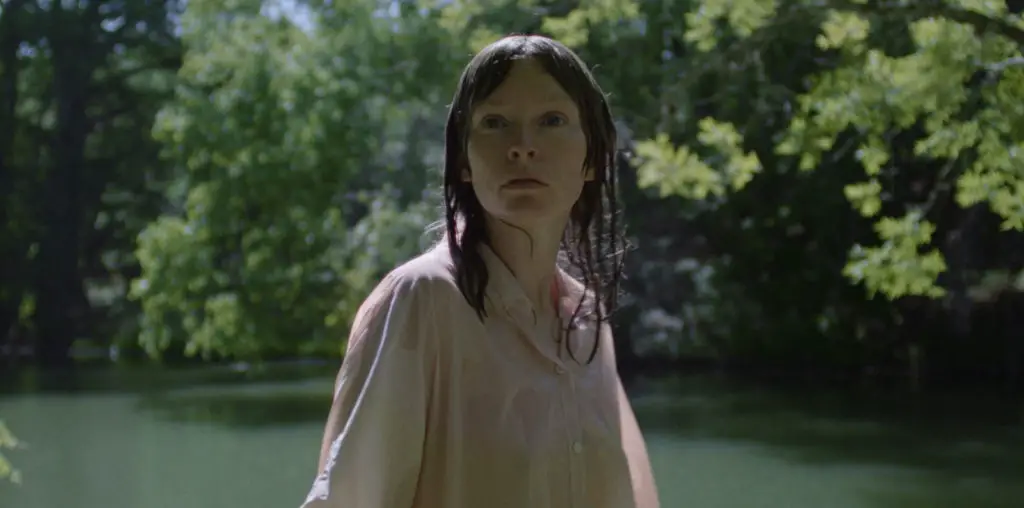
Farhan Akhtar’s debut feature “Dil Chahta Hai” (“The Heart Desires”) was hailed as a breath of fresh air in Bollywood when released in 2001, and to this day it still is. There wasn’t anything particularly groundbreaking on the surface: it was, in the end, another comic romance between attractive young city dwellers in India and the popular overseas film locale of Australia. What set it apart was perspective and technique. In a genre that is traditionally estrogenic, it was told from the point of view of three male buddies; but more striking was how Akhtar filtered the B’wood conventions through a more polished West-influenced sensibility. The film recalled “Swingers,” but it used its story and characters for general inspiration rather than outright ripped it off; the requisite slapstick and melodrama were both there, but considerably dialed down in execution to more recognizably real-life levels; and the song and dance numbers were more firmly embedded in the narrative than the norm. Akhtar’s eagerly-awaited follow-up, “Lakshya” (“Aim”) again shows his Hollywood leanings, but this time the end product feels more formulaic than fresh.
From a technical standpoint, however, Akhtar picks up where his last film left off, particularly in the action-heavy second half, which depicts one long battle between Indian and Pakistani forces for control of a critical border outpost. With priceless help from ace second unit director/stunt coordinator Vic Armstrong (a veteran of the James Bond series no less), cinematographer Christopher Popp and film editor Anand Subaya, the action is expertly staged and paced and often simply breathtaking to behold, particularly one extended rock climbing sequence.
But such technical proficiency in the big money sequences shows how adversely affected Akhtar is by the Western simplicity, as the spectacle overwhelms the intimacy he was so careful to create in the first half; pre-intermission, Akhtar intelligently, unhurriedly sets up the characters. Karan Shergill (Hrithik Roshan) is introduced as a capable young lieutenant for the Indian Army, but through one lengthy flashback, we learn that wasn’t always the case. In fact, a fairly short time before he was a lazy, spoiled college student with no real “lakshya” in life, only enlisting in the army on a whim–one that quickly proves to be ill-advised, unsurprisingly to his impatient father (Boman Irani) and more driven girlfriend Romila (Preity Zinta, sporting bad wigs throughout). With that, Karan sets out to prove them and all his other doubters wrong, and it’s no spoiler to say he does, as the audience is introduced to him as a mature officer.
What does spoil the film is how Akhtar and his screenwriter/lyricist/father Javed Akhtar expand their focus from Karan to the greater canvas of Indian and Pakistani tensions. In theory, the combat that dominates the second half would play as the culmination of Karan’s evolution, as his initial selfishness completely makes way for brave selflessness. However, Karan, his relationship with Romila (who joins him on the battlefront as a news correspondent covering the war) and any of the character-driven qualities established in the first half are thrown by the wayside as Akhtar falls into the easy trap that too often claims the makers of Hollywood war films: shameless, sledgehammer patriotism. The flag that literally gets waved may not be the stars and stripes, and Western viewers may not be too well acquainted with the history behind the IndoPak tensions, but jingoistic nationalism, right down to the shallow depiction of the forces on the opposing side, is irritating in any language.
And it’s also quite disappointing coming from Akhtar, particularly when his special talent so clearly comes through in other areas in the film. As in his debut feature, he elicits nicely naturalistic performances from his stars. Roshan, following up his award-winning turn in the (otherwise god-awful) sci-fi blockbuster “Koi… Mil Gaya” (“I Found… Someone”), continues his acting rebound here; despite some hamminess in the “slacker” portions, he makes Karan likable from the get-go, and his development from aimless boy to determined man is convincing and involving. The effortless chemistry between him and frequent co-star Zinta (this marks their third film together, with a fourth reportedly in the works) is again in evidence, and she makes an impression in her fairly limited screen time, as does Bollywood legend Amitabh Bachchan in his even more minimal role as the Indian army colonel. Akhtar also displays his innovation in the song picturizations, particularly in the first number, “Main Aisa Kyun Hoon?” (“Why Am I Like This?”), in which Karan questions his lack of motivation. The scene’s bare-black-set-with-mirrors staging more than recalls the “Roxie”scene in “Chicago,” but Akhtar outdoes Rob Marshall with his inventive camera moves and Prabhu Deva’s rubber-limbed, Fosse-would-be-damn-proud choreography, performed with characteristic, seemingly easy grace by Roshan.
Too bad that, unlike in “Dil Chahta Hai,” touches like these are more the exception than the norm “Lakshya.” While this film is further confirmation as to what an adept technical craftsman Farhan Akthar is, the “lakshya” for his next film should be to rediscover the consistent smarts and soulfulness that made his debut such a memorable and distinctive work.

